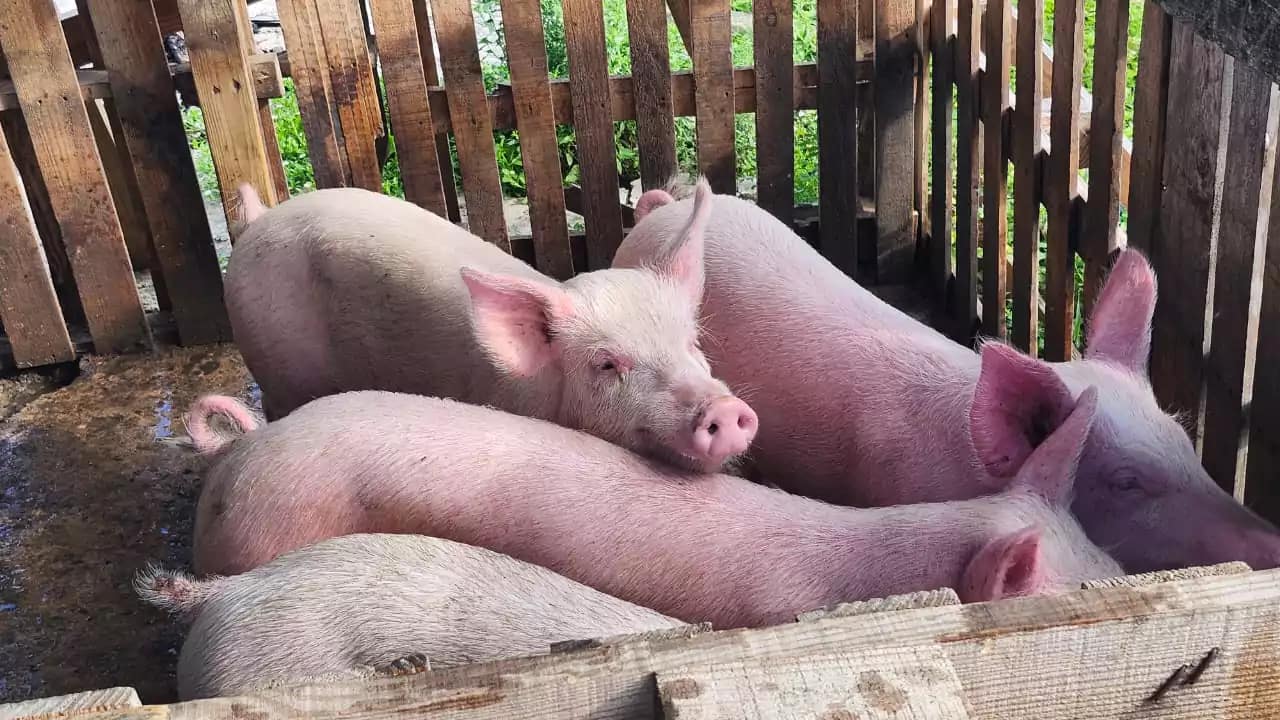In a proactive move to shield its pig farming sector from the devastating African Swine Fever (ASF), the Ministry of Agriculture has broadened its surveillance efforts to include Barbuda. This initiative is part of a comprehensive strategy to ensure the health of Antigua and Barbuda’s livestock and maintain regional food security. A delegation from the Veterinary and Livestock Division, spearheaded by Alexandria Dowdey, recently conducted a field visit to Barbuda to gather blood samples from local pig herds. Three farmers on the island voluntarily participated in this regional pilot project, underscoring the community’s commitment to disease prevention. The ASF pilot program is a collaborative endeavor involving the Inter-American Institute for Cooperation on Agriculture (IICA), the U.S. Department of Agriculture (USDA), and the Ministry of Agriculture. It aligns with the government’s broader objectives of enhancing food and nutrition security through rigorous livestock monitoring and disease control measures. Simultaneously, fieldwork in Antigua has been advancing steadily, with technicians collecting 35 blood samples from four additional farms, edging closer to the target of 80 samples. These samples are slated for specialized testing at Plum Island on November 7. The testing is crucial to verify that Antigua and Barbuda remain free of ASF, a highly contagious viral disease with a near 100 percent mortality rate in pigs. While ASF poses no threat to human health, it represents a significant risk to regional food production and the livelihoods of farmers. By extending surveillance to Barbuda, veterinary authorities aim to bolster early detection capabilities and safeguard the nation’s livestock, a cornerstone of Antigua and Barbuda’s food security strategy.
Veterinary Team Expands African Swine Fever Surveillance to Barbuda
